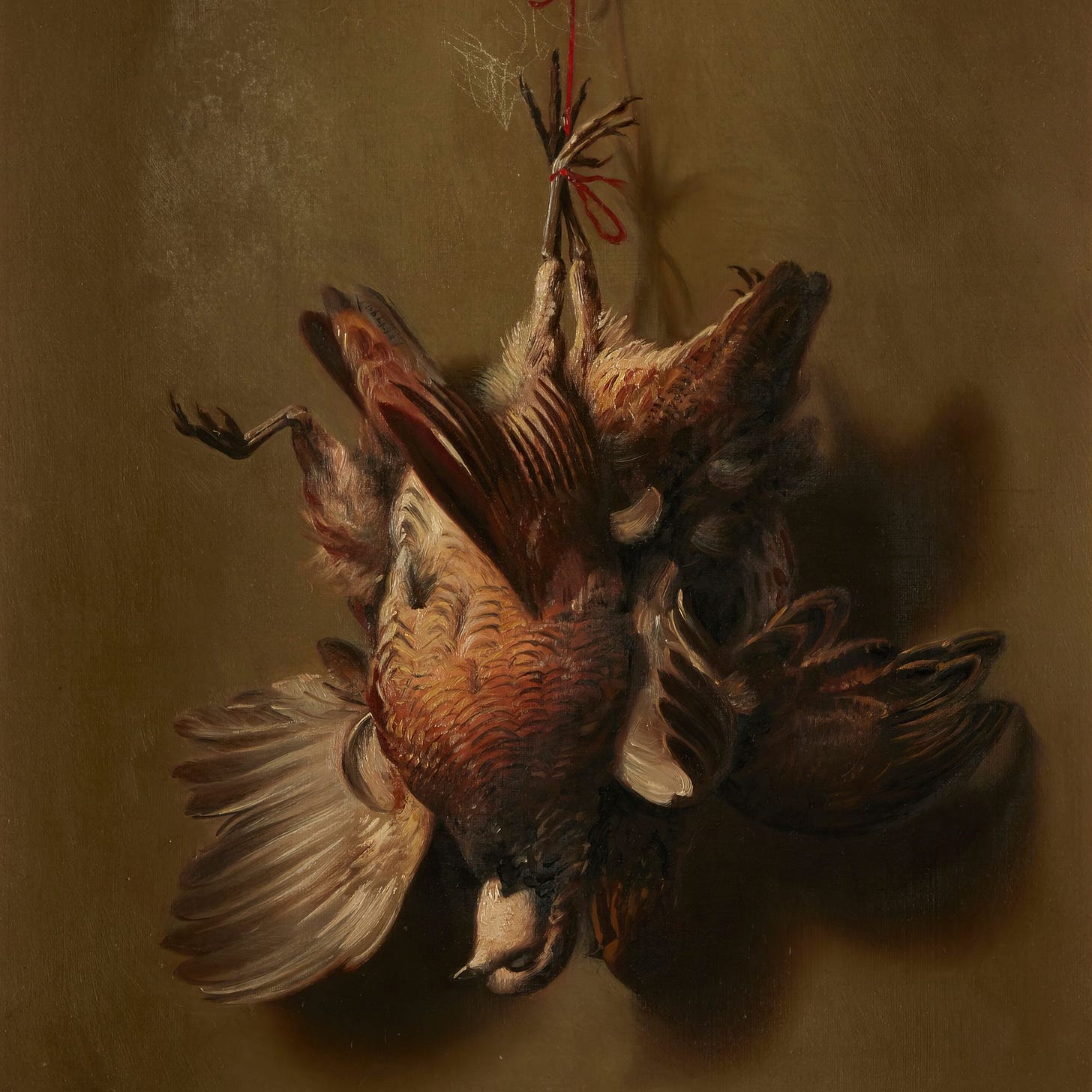Why Twitter Can’t Be Neutral Ground
Both right and left partisans mistakenly think Twitter can be a global public square.
There’s something revealing about the reactions that have accompanied Elon Musk’s release of the so-called “Twitter Files”—his giving thousands of internal emails and papers to journalists Matt Taibbi and Bari Weiss to document how controversial moderation decisions were made on the platform before he bought it. It's something revealing, and maybe somet…




